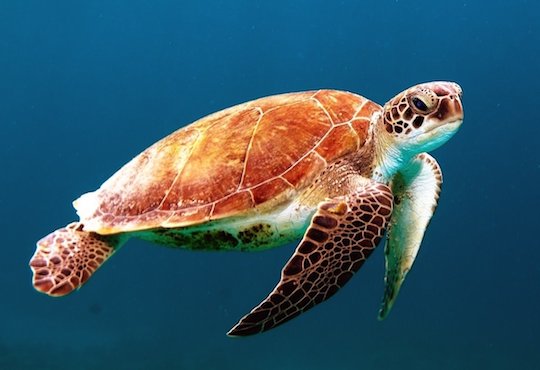The Asia-Pacific region is one of the world’s most ethnically and culturally diverse regions. It is also one of its most biodiverse. Yet local marine ecosystems are nearing a tipping point as a result of various environmental stresses caused by unsustainable human practices.
In a newly released report, The Changing Sails: Accelerating Regional Actions for Sustainable Oceans in Asia and the Pacific, the United Nations’ Economic and Social Commission for Asia and the Pacific (ESCAP) warns that collectively the unprecedented rate of marine pollution, overfishing and climate change are posing an existential threat to the region’s marine ecosystems.
The UN report, which focuses primarily on sustainable fisheries, marine plastic pollution and maritime connectivity, stresses that through large-scale conservation efforts and major recovery investments the region’s countries can still turn the tide towards improving marine sustainability and resilience.
Armida Salsiah Alisjahbana, the Executive Secretary of ESCAP who is a professor of economics and a former State Minister for National Development Planning in Indonesia, has spoken with Sustainability Times about the new UN report’s findings and what must be done to save the region’s ocean.
Read the full article Asia-Pacific nations must ‘work together’ to save their ocean at sustainability-times.com
Photo credit: Free-Photos from Pixabay
18 May 2020Original Author: Daniel T Cross

